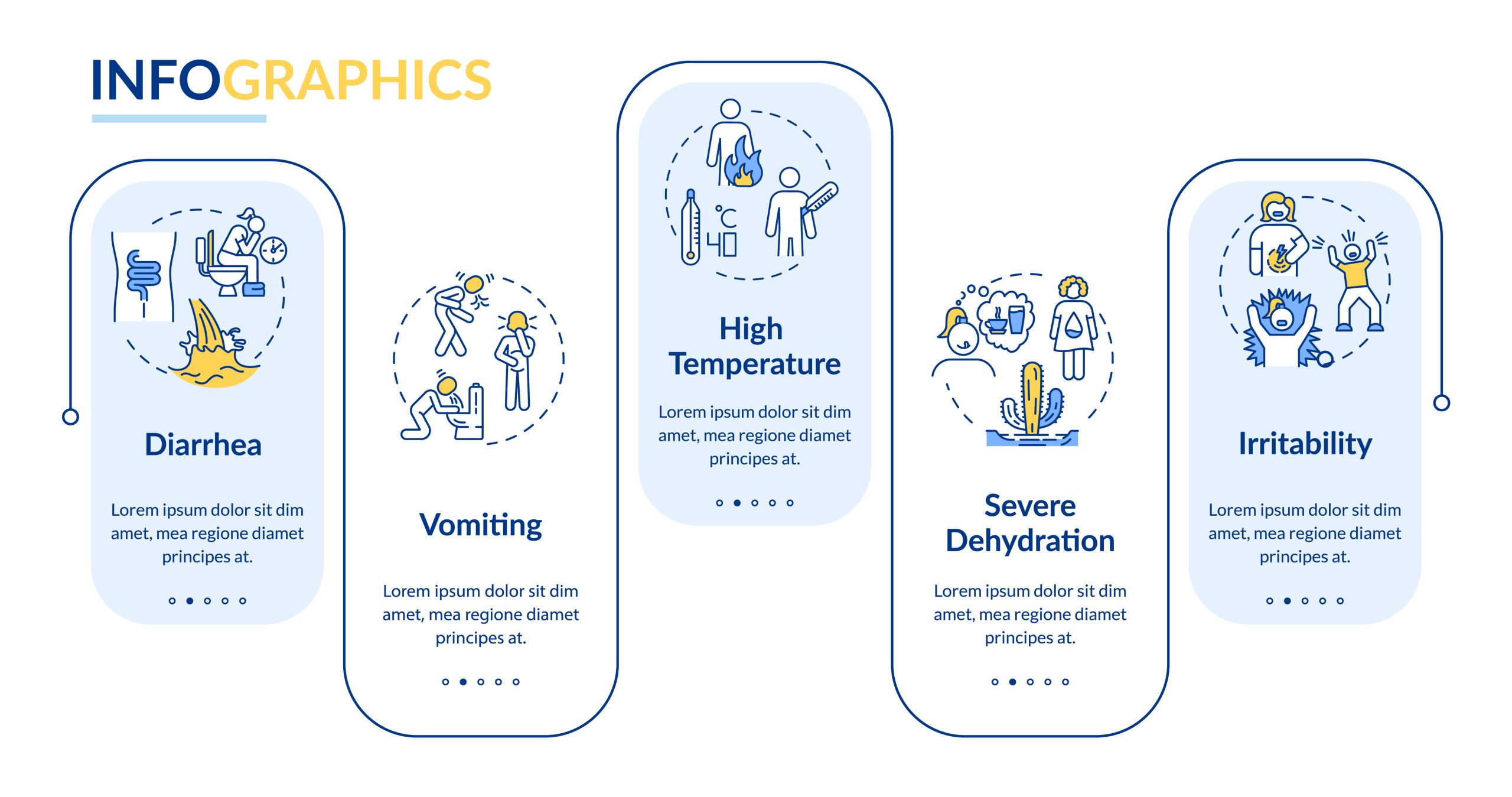The human body consists of 70% water. For one, the brain consists of 80% water. Knowing that it has this volume of water and we have to keep it that way by drinking lots of fluids based on medical research may sound absurd, but it's only the average to maintain a person's wellness.
Water is essential to the human body. Aside from quenching a person's thirst, water helps the body remove toxins aside from keeping the skin's moisture and cells functional. It regulates its average temperature of around 37 degrees. Medical institutions like Wizard Pharmacy educate their patients that if the body doesn't have enough water, its temperature becomes too high, and its organs start to shut down while providing proper medication.
What Does Dehydration Mean?
Dehydration is the condition when the body lacks enough water. A person can become dehydrated because of factors like:
- Lack Of Daily Water Intake- Studies show that a person needs to drink around eight or more glasses of water per day to keep the body healthy. Even so, many don't have the motivation to drink that much. Some prefer drinking water only when they feel thirsty.
- Excessive Sweating- When venturing into hot places, especially under the sun's scorching heat, or performing tasks can make a person's body overheat. As a response, the human body tries to cool its temperature by pushing its stored water into the skin, producing sweat.
- Old Age- The human body absorbs nutrients effectively and detects if it's suffering from Dehydration. Over time, it declines because aging deteriorates the body's system. The elderly may find it challenging to determine if they feel thirsty immediately and find themselves more susceptible to disease.
- Frequent Urination- Urination is necessary to the human body because of its toxin cleansing properties. Even so, the process requires water to make it effective. Frequent urination can diminish the body's water quicker.
Signs That A Person Is Dehydrated
Many misinterpret dehydration symptoms because they think that thirst is what they should look after to determine if one is dehydrated. It may seem reasonable, but there are other symptoms that one needs to watch out for. It may depend as well on the severity of the dehydration level.
Mild Dehydration- The body is losing 1-3% of fluids. The symptoms may include:
- Dark Yellow Urine
- Headache
- Dry Skin and Lips
Moderate Dehydration- The body loses 5-6% of fluids. A person may have:
- Increased Heart Rate
- Sunken Eyes
- Little Amount Of Urine Output
Severe Dehydration- The body's fluid volume declines above 6%. The symptoms may include:
- Seizures
- Vertigo
- Chest Or Abdominal Pain
- Rapid Breathing
- Low Blood Pressure
Among the three, severe Dehydration is the most dangerous. It may cause excruciating pain to a patient. For example, people who fail to drink enough water daily will get a headache. That is because the brain can no longer receive enough fluids to keep it functional. Gravity requires cells to move higher since the brain is above the rest of the body, which may require more water pressure. Water helps the brain keep its focus and exert its cells' efficiency. Also, it can regulate stress.
A person's headache becomes more severe over time. From headache, it will become a migraine. Then, dizziness and vertigo.
- Headache refers to the pain in front of the head.
- Migraine refers to a higher level of pain all over the head, from the back to the front.
- Dizziness refers to the feeling of getting imbalanced and
- Vertigo refers to a higher level of dizziness and confusion.
How To Treat Severe Dehydration?
Severe Dehydration, in worse cases, can lead to complications and even death. Consider checking out these tips to treat such a disorder.
- Drink More Water- Dehydration is the loss of the average volume of water in the human body. By replacing them with more water, the body will start to recover in earnest. One may consider drinking alkaline water because the blood becomes acidic if the body is dehydrated, making it vulnerable to disease. Aside from this, coconut water can come in handy. A patient with severe Dehydration loses nutrients aside from fluids. Coconut water has electrolytes capable of keeping the heart beating normally and other nutrients like carbohydrates that can provide energy.
- Consult With A Physician- One of the reasons why Dehydration can become severe is because of ailments like diarrhea. Illness like this lowers a person's appetite and increases the chances of vomiting. Vomiting prevents the body from absorbing desperately needed water and other nutrients. A physician can diagnose illness and provide proper medical treatment.

Conclusion
Severe Dehydration is the highest level of Dehydration that can cause complications. To treat it, one must become discerning of its symptoms and drink lots of fluids to replenish lost water volume while following a physician's advice. Even so, prevention is better than cure. Consider drinking lots of water every day and ensure the food is safe for consumption to prevent illnesses that can cause Dehydration.
























